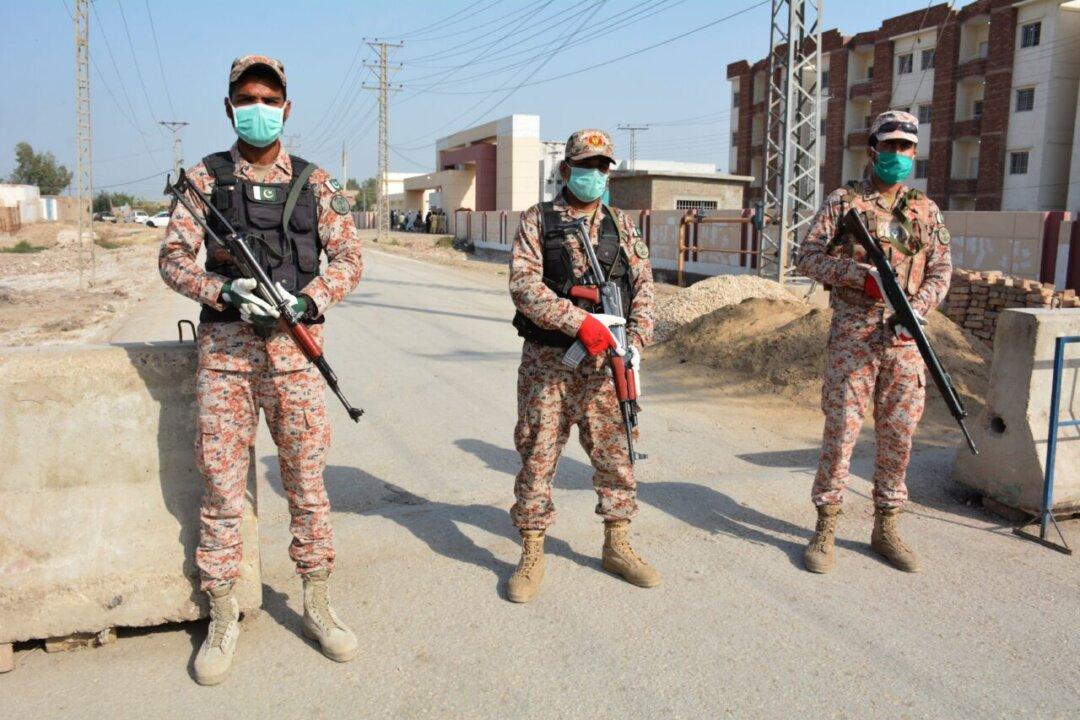The Iranian regime has launched a propaganda and influence campaign calling globally for an end to U.S. sanctions amid the COVID-19 health crisis in order to obtain cash, while rejecting humanitarian aid offered by the U.S. and international organizations, the State Department has warned.
The regime’s goal is to “raise funds for its terror operations,” not to bring health relief to Iranian people, the State Department said in a statement on April 6.





